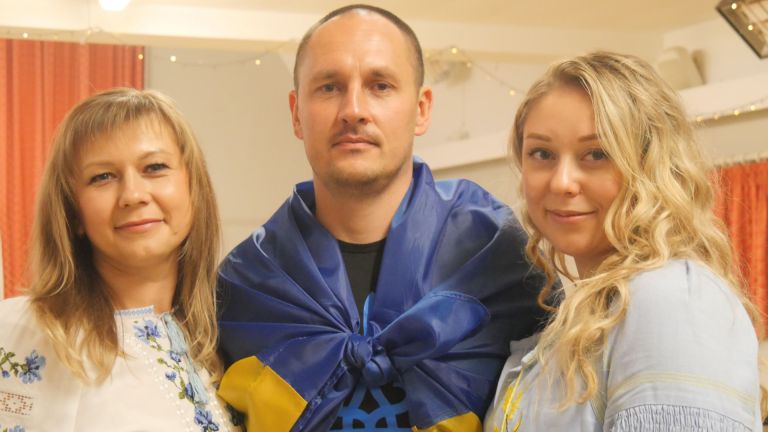When a crisis unfolds, it doesn’t discriminate – anyone can be affected. Imagine fleeing your home during conflict, trying to keep your young children safe, only to leave behind the money you’ve saved over the past four years in a house you’ll likely never return to.
At a shelter, I met a woman who didn’t fit any typical vulnerability profile. She had been displaced without a penny. Due to Lebanon’s financial collapse four years ago, she lost access to her bank account and began saving cash at home.
In a single day, she went from having a house and savings to being homeless with two young children – and nothing. She even had to ask for shoes, having escaped in slippers.
- ‘It’s hell on Earth’: British doctors recall seeing ‘unimaginable suffering’ in Gaza
- ‘I lost everything imaginable’: Women in Gaza recall how a year of war has upended their lives
This woman never imagined she would be impacted by conflict, but now she finds herself displaced and vulnerable. It’s a stark reminder that conflict can affect anyone.
At the International Rescue Committee (IRC), more than 40 colleagues have been directly or partially impacted by the conflict. Some have seen their homes destroyed. Others now live in neighbourhoods made uninhabitable. Those who have not been displaced are hosting five, six, or even seven additional people, leaving homes overcrowded.
During the first two weeks of the escalation, many children were found alone without their parents. As a mother, this has been one of the hardest realities for me to process.









